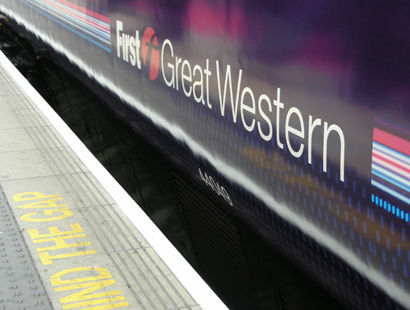IT’S being suggested that FirstGroup may take advantage of a break clause in its Great Western contract by bowing out three years early – potentially saving £1 billion or more in premium payments.
The delay in the introduction of Intercity Express – now expected in 2015/16 – and weaker than expected revenue are thought to be the reasons for the Group’s change of heart.
A spokesman is reported to have said: "We have to make a decision before the end of the year as to whether we are going to exercise our contractual right to extend the FGW franchise to March 2016.”
First took charge of Greater Western in April 2006. The contract included the former Great Western intercity routes, plus Wessex Trains and Thames Trains.
In January 2006, the Department for Transport was predicting that 779 million journeys would be made during ‘the ten year franchise’, without referring to the possibility that it could end early.
The last available figures, for 2009-2010, are published in the ORR’s National Rail Trends. This reports that FGW is slightly ahead of the original prediction, with 83.9 million journeys being made in twelve months – a rise of 0.2 per cent from the previous year. The number of staff fell by 3.1 per cent, to 4,713.
It received subsidies of more than £150 million in the first three years, but premiums began to be payable in 2009-10. Although the first annual payment of some £20 million was comparatively modest, the amounts due rise sharply after that, reaching £111 million in the current financial year and £168 million in 2011-12.
However, most of the premiums are due in the last three years, following the break point. Figures published by the Public Accounts Committee of the House of Commons in 2007 showed that FGW is due to pay almost £1.1 billion between 2013 and 2016, at November 2005 prices.
FGW is currently receiving a rebate of part of the premiums due, under ‘cap and collar’ revenue protection clauses, because its income is lower than expected.
The amounts payable can also change mid-franchise as a consequence of the ORR’s Periodic Reviews of Network Rail’s budgets, which can affect track access charges, but the 2007 figures will still be reasonably indicative.


